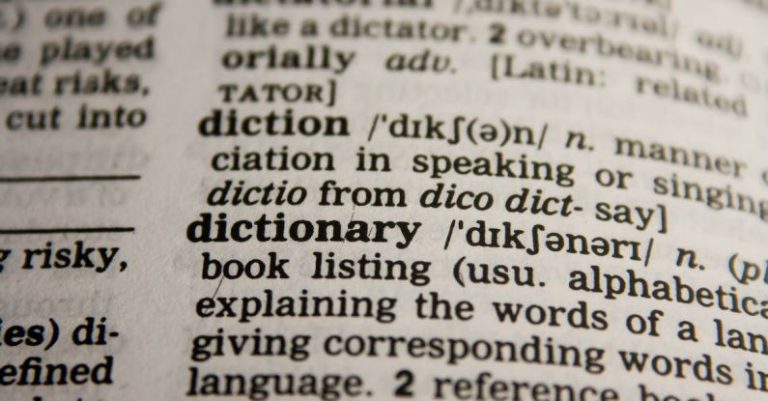What’s the Role of Diplomacy in Business?
In today’s interconnected global economy, the role of diplomacy in business has become increasingly important. Diplomacy, traditionally associated with international relations, is now being utilized by businesses to navigate complex negotiations, build strategic alliances, and resolve conflicts. In this article, we will explore the key aspects of diplomacy in business and how it can contribute to the success of an organization.
Building Relationships
One of the fundamental aspects of diplomacy in business is building and maintaining relationships. In a world where trust and credibility play a crucial role, businesses need to establish strong connections with their stakeholders, including clients, suppliers, and partners. Diplomacy helps in fostering a positive environment for collaboration, where open communication, mutual understanding, and respect are valued.
Negotiation and Conflict Resolution
Negotiation is an essential skill in business, and diplomacy plays a vital role in this process. Diplomats are trained to find common ground and reach mutually beneficial agreements. Similarly, in business, effective negotiation skills are crucial for securing favorable deals, resolving conflicts, and reaching win-win outcomes. Diplomacy, with its emphasis on finding common interests and compromises, can be a powerful tool in avoiding confrontations and finding peaceful resolutions.
Cultural Sensitivity
In the globalized business landscape, cultural sensitivity is paramount. Successful businesses understand the importance of adapting their strategies, products, and services to different cultural contexts. Diplomacy helps in navigating cultural differences and avoiding cultural misunderstandings that can hinder business relationships. By promoting cross-cultural understanding and empathy, diplomacy enables businesses to engage with diverse markets and create meaningful connections with customers from various backgrounds.
Public Relations and Reputation Management
Managing public relations and maintaining a positive reputation are critical for the success of any business. Diplomacy in business involves carefully crafting messages, addressing potential controversies, and ensuring that the organization’s values and actions are aligned. By employing diplomatic strategies, businesses can effectively manage their reputation, build trust with stakeholders, and mitigate potential crises.
Government Relations
In an increasingly regulated business environment, engaging with government entities is essential. Diplomacy plays a significant role in establishing effective communication channels with government officials, understanding regulatory frameworks, and influencing policy decisions that impact the business. By building constructive relationships with government representatives, businesses can navigate legal complexities, access resources, and advocate for their interests.
Conflict Prevention and Management
Conflicts are an inevitable part of any business environment. However, diplomacy can help in preventing conflicts from escalating and finding peaceful resolutions. By fostering dialogue, promoting understanding, and emphasizing collaboration, businesses can mitigate the negative impact of conflicts and maintain a harmonious work environment. Diplomatic approaches such as mediation and arbitration can be employed to ensure fair and just resolutions.
Conclusion
In conclusion, the role of diplomacy in business is multifaceted and crucial for success in today’s interconnected world. From building relationships and negotiating favorable deals to managing reputations and resolving conflicts, diplomacy provides businesses with a set of valuable tools. By embracing diplomatic strategies and prioritizing effective communication, businesses can foster trust, build meaningful connections, and navigate the complexities of the global business landscape. In an era where collaboration and cooperation are vital, diplomacy in business is no longer just a choice but a necessity.






